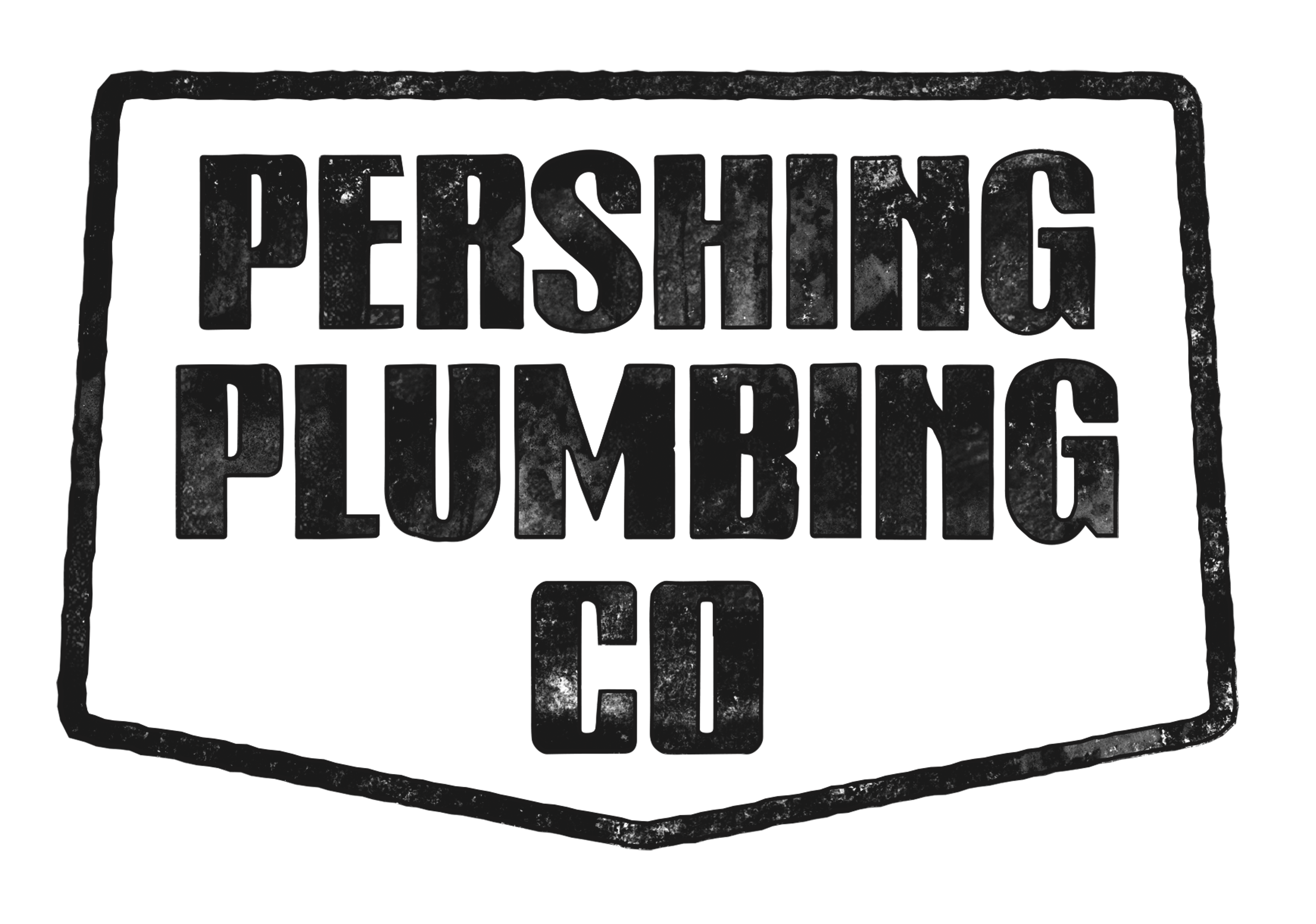Both sewer lines and septic tanks are vital components of any plumbing system. Although both are designed for managing sewage and wastewater, the two operate in different ways. Understanding their differences is crucial to maintaining a healthy plumbing system.
We’ll be discussing the basics of septic tank and sewer lines, the differences between them, and the importance regular maintenance.
Septic Tanks
Septic tanks are a common type of wastewater treatment system used in rural areas that lack centralized sewage systems. These underground tanks collect and treat wastewater, including water from your washing machine and sinks.
The process begins when wastewater is introduced to the tank. Solids settle at the bottom while oils and fats rise up to the top. The tank is populated with bacteria that breaks down the solids. Any remaining water then flows out the tank to the drain field for further treatment.
It is important to remember that septic tanks must be maintained regularly in order to function properly. Failure to do so could lead to blockages, backups, or even costly repairs. You can ensure your septic system runs efficiently by having it inspected every three to 5 years.
Sewer Lines
Sewer lines, however, are part a centralized system that transports wastewater from multiple homes or businesses to a treatment facility. These lines are usually maintained and owned by the local government. Any issues should be reported immediately.
Grease, debris, and roots cause blockages in sewer lines. These blockages can lead sewage overflows or backups that can pose a risk to your health as well as the environment.
Avoid flushing non-degradable materials down the drain to prevent problems like these. Regular sewer line inspections, cleanings, and maintenance can help to prevent blockages from becoming a problem.
Conclusion
For a healthy plumbing system, it is important to understand the basics of septic tank and sewer lines. Septic tanks can be used in rural areas. While sewer lines are part a centralized system, they are more common. Both require regular maintenance to ensure efficient operation and avoid costly repairs and replacements.
You should immediately contact a licensed plumber if you are experiencing problems with your sewer line or septic tank. This will prevent further damage. It is possible to ensure that your plumbing system continues to function properly for many years to come by taking a proactive approach.

